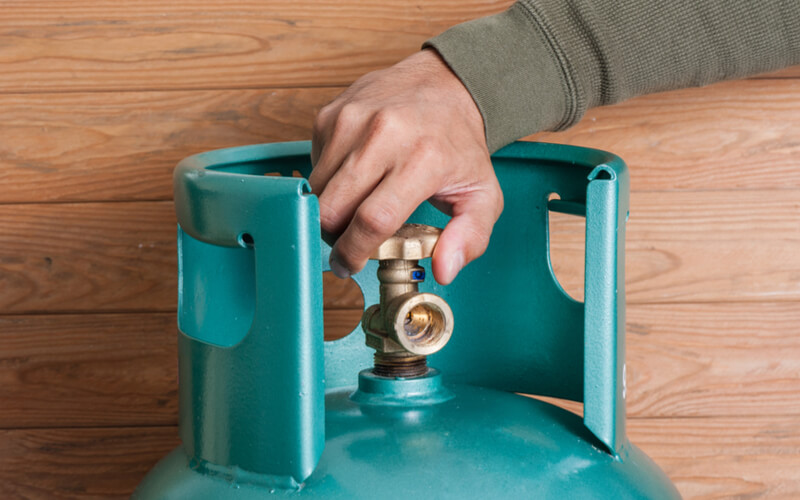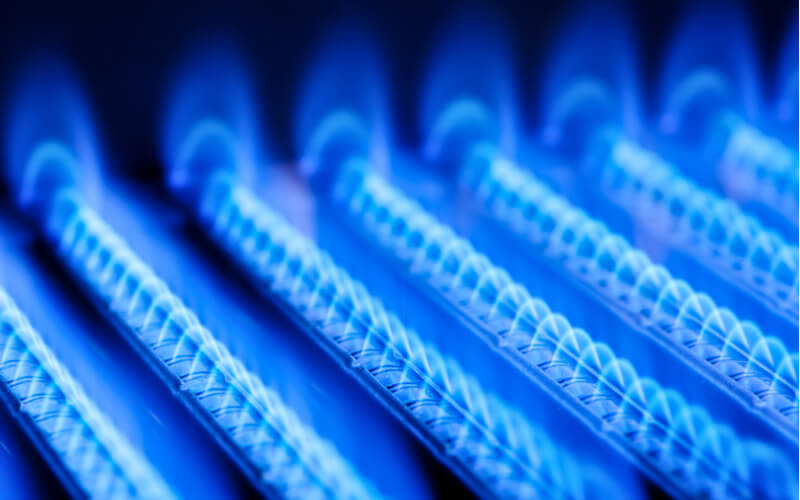LPG gas safety
Any business which operates an LPG installation has responsibilities under the Health and Safety at Work Etc Act (HSWA) 1974 to ensure that the installation is safe to operate and does not present a risk to their employees and members of the public.

Legislation and Statutory requirements
Any business which operates an LPG installation has responsibilities under the Health and Safety at Work Etc Act (HSWA) 1974 to ensure that the installation is safe to operate and does not present a risk to their employees and members of the public. HSE legislation and Approved Code of practice and guidance concentrates on assessing and managing the risks associated with small bulk storage of LPG, including pipework and the structural stability of such installations. Landlords have the same responsibilities as for mains gas under the Gas Safety (Installation and Use) Regulations 1998. UKLPG the trade association for LPG provides further advice and sells codes of practice.
Enforcement
The Gas Safety (Installation and Use) Regulations are enforced by HSE. HSE also enforce the small bulk storage arrangements for LPG.
Landlords’ responsibilities
Landlords are only responsible for the gas appliances they provide, typically gas boilers and gas fires and also the small bulk storage arrangements for LPG. Any gas appliance provided by the tenant is not the landlord’s legal responsibility and so is not part of the annual gas safety check. However, such appliances still pose the same safety risks and so landlords should consider whether, in the interests of safety they should provide all gas appliances for a property so that they are included in the gas safety checks.


